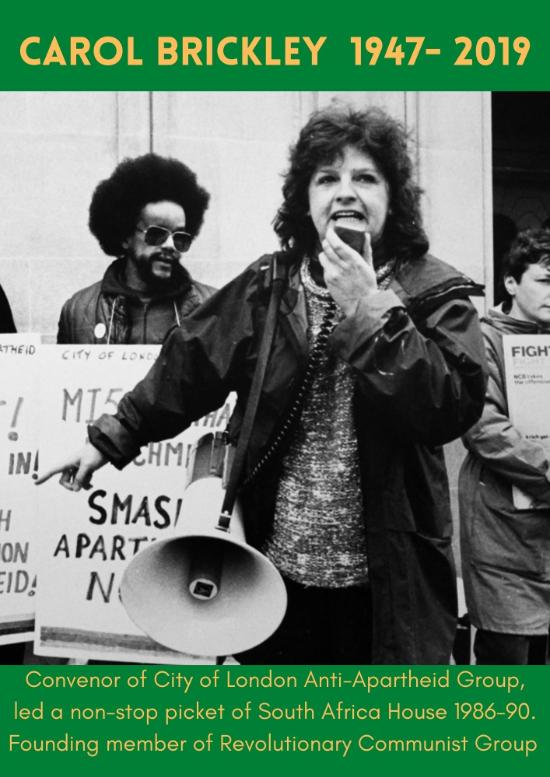Shadia Abu Ghazaleh 1948-1968
Shadia Abu Ghazaleh was born in Nablus, the West Bank of Palestine in 1948. She joined the Arab Nationalist Movement as a young woman in 1964, seeking the liberation of Palestine.
For over 100 years, the Palestinian people have resisted imperialism and Zionism. The 1916 Sykes-Picot accord drawn up between Britain and France divided the Middle East between the two imperialist powers and allowed Britain ‘definite and exclusive control over Palestine’. The Balfour declaration of 1917 saw British Foreign Secretary, Arthur Balfour, sign a letter addressed to Lord Rothschild, a leader of the Zionist Federation in Britain, expressing support for the establishment in Palestine of a Zionist homeland. In 1920, the League of Nations granted Britain a mandate over Palestine. Britain agreed to allow 16,500 settlers to enter Palestine each year, implementing an economic system of ethnic cleansing and apartheid. Britain ruthlessly repressed the Great Palestinian Uprising and General Strike of 1936 to 1939 with bombs, dynamite and raids. A British Settlement Police was formed which was in effect a Zionist militia, armed and trained by the British. The settlement police formed the core of today’s Israeli army. When Israel was officially created in 1948 on 72% of the historic land of Palestine, over half of the Palestinian population were forced to flee to Jordan, Lebanon and beyond.
Today, British and US political, social and economic support, props up the Israeli state. Britain exports over £220million worth of arms to Israel in its occupation of Palestine, whilst buying significant military technology from Israel that has been ‘battle tested’ on the Gaza strip. Imperialist Britain has spearheaded the attack on the Palestinian right to self-determination.
The short but courageous life of Shadia Abu Ghazaleh is as testimony to the resistance of Palestinian women. Abu Ghazaleh studied at Ein Shams University in Cairo before returning to Nablus following the occupation of the West Bank in the 1967 six day war. There, she joined a local branch of the Popular Front for the Liberation of Palestine becoming one of the original members after the organisation was founded in 1967. Abu Ghazaleh organised and led women’s military units and was one of the first Palestinian women to participate in military resistance after the 1967 occupation. She was also deeply dedicated to education and political struggle as part of one comprehensive struggle. She strongly believed in collective and organised work and emphasised the role of culture, politics, and strategy in directing armed struggle.
Shadia Abu Ghazaleh fell on 28 November 1968 as she prepared explosives in her home for a military operation against the occupation. She was the first female martyr of the Popular Front for the Liberation of Palestine. Women have long been at the forefront of this century of resistance, throwing rocks at tanks in the ‘intifada’ uprisings, forming groups like the Palestinian Federation of Women’s Action Committee, commandeering commercial planes like Leila Khaled and Therese Halasa, slapping soldiers like Ahed Tamimi after her cousin was shot by Israeli forces. The decades long struggle of the Palestinian liberation challenges not only Israel occupation and racism, but British imperialist ambitions to divide, exploit and occupy the Middle East. We give our unconditional support to the Palestinian resistance, recognising that we have a common enemy – the British state.
(see www.pflp.ps/english/2016/12/04/remembering-comrade-shadia-abu-ghazaleh-struggler-for-palestine)





